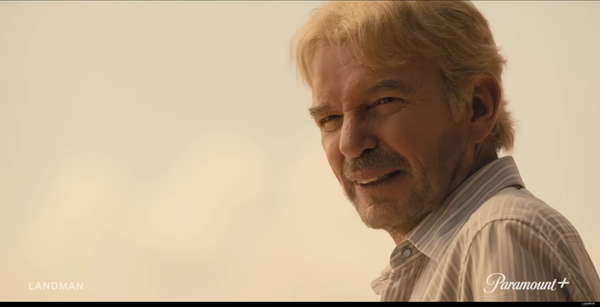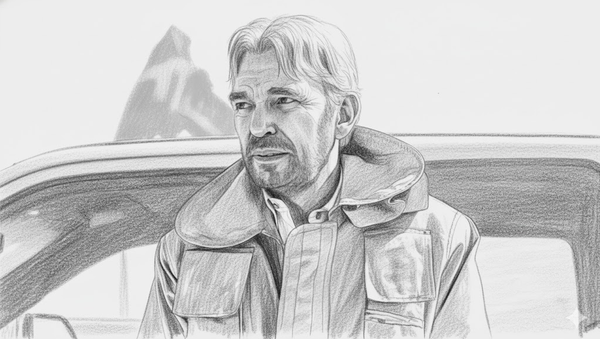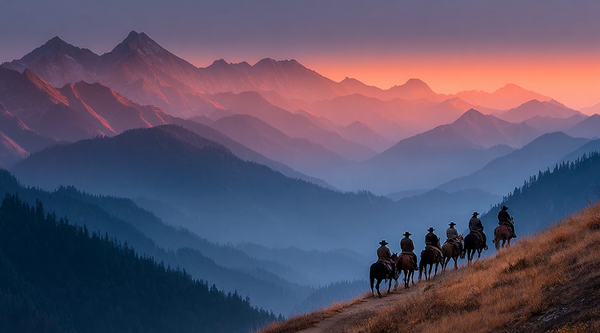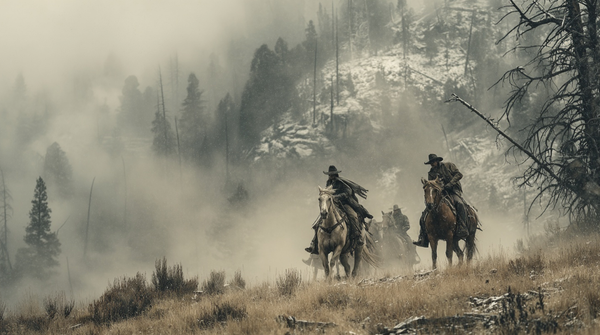The Dutton Anomaly: On the Brutal Poetry of Beth Dutton

In the sprawling, sun-scorched mythology of Taylor Sheridan’s
Yellowstone, where land is wrestled over with the ferocity of kingdoms, Beth Dutton operates less as a character and more as a force of nature. When she tells a romantic rival, “You are the trailer park, I am the tornado,” it is not merely a boast; it is a statement of existential truth. She is the human embodiment of a weather event, a vortex of inherited trauma and weaponized intellect, tearing through the landscape of the New West not to conquer it, but to protect the single patch of ground she calls home. To watch Beth is to witness the brutal poetry of survival in a world where the battle lines are drawn not by fences, but by hedge funds and trusts.
Sheridan has crafted in Beth an avatar for the modern frontier’s central conflict: the collision of old-world violence with the bloodless brutality of late-stage capitalism. She does not carry a six-shooter; her weapons are market manipulation and psychological warfare. She is the corporate raider as gunslinger, a figure whose loyalty is absolute but whose methods are a chilling reflection of the very forces threatening her family’s legacy. Her allegiance is to her father, John Dutton, a patriarch clinging to an empire built on nineteenth-century ideals. When she promises him, “All I know how to do is fight. You tell me who to fight,” she is not just a dutiful daughter, but a living weapon consenting to be aimed.
Yet, the tornado has an eye, a quiet center of profound pain. The show’s most indelible image of Beth is not of her in a boardroom, but sitting naked in a steel water trough under the vast Montana sky, a bottle of champagne in hand. The scene is a stark tableau of her inner world: a soul suspended between raw, untamed nature and the manufactured comforts meant to numb it. This is where her ferocity is born—not from strength, but from a wound that has never healed. The accidental death of her mother, for which she blames herself, is the defining trauma that fuels her self-loathing and her relentless, often self-destructive, crusade to prove her worth. Her cruelty is a shield, her alcoholism a balm, and her fight for Yellowstone a desperate act of penance.
This profound vulnerability finds its only sanctuary in her relationship with the ranch foreman, Rip Wheeler. In a world of transactions, their bond is primal, almost feral. It is a covenant between two broken people who have found in each other a place to put down their arms. Her plea to him, “The only thing I ask is that you outlive me, so I never have to live another day without you,” is perhaps the most honest sentence she ever speaks. It strips away the armor to reveal the terrified child beneath, a child who believes love is merely a prelude to loss. Their love story is not a subplot; it is the anchor that keeps the tornado from consuming itself.
Beth Dutton is a difficult, often reprehensible character. She is not a role model, nor is she meant to be. Instead, she is a complex and unsettling reflection of our times—a testament to the enduring power of generational trauma and the paradoxical nature of love and loyalty in a landscape of perpetual conflict. She is the Dutton anomaly, a figure of terrifying strength and heartbreaking fragility, who reminds us that in the wilderness, both old and new, the most savage battles are always fought within.



